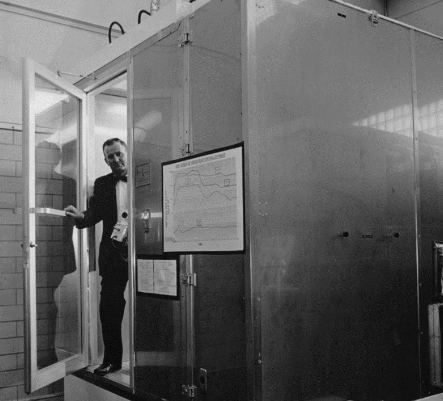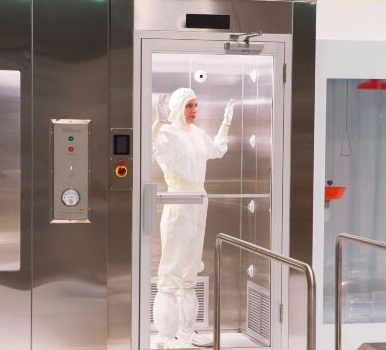In recent years, the intersection of technology and healthcare has given rise to groundbreaking innovations that are transforming the landscape of the health sciences industry. One such revolutionary advancement is the integration of Artificial Intelligence (AI) in medical imaging. This dynamic fusion of cutting-edge technology and healthcare expertise is heralding a new era in diagnostics, treatment planning, and patient care.
The Power of AI in Medical Imaging:
Traditionally, medical imaging has relied on the keen eyes of skilled radiologists to interpret scans and identify anomalies. However, the increasing volume of medical data and the demand for quick and accurate diagnoses have led to the adoption of AI technologies. AI algorithms, trained on vast datasets of medical images, can analyze and interpret images with remarkable speed and precision.
- Early Detection of Diseases:
AI algorithms excel in detecting subtle abnormalities in medical images that might be challenging for human eyes to discern. This capability is particularly crucial in the early detection of diseases such as cancer, where early intervention can significantly improve patient outcomes. - Enhanced Accuracy and Efficiency:
Unlike human radiologists, AI systems do not suffer from fatigue or distractions. They can tirelessly analyze thousands of images in a fraction of the time it would take a human, reducing the risk of oversight and improving overall diagnostic accuracy. - Personalized Treatment Plans:
AI’s ability to analyze complex patterns within medical images enables the development of personalized treatment plans. Tailored interventions based on individual patient data can lead to more effective and targeted therapies, optimizing patient outcomes. - Workflow Optimization:
Implementing AI in medical imaging not only enhances diagnostic capabilities but also streamlines workflow in healthcare institutions. Automated image analysis allows radiologists to focus on complex cases and patient care, while routine tasks are efficiently handled by AI systems.
Challenges and Ethical Considerations:
While the integration of AI in medical imaging offers promising benefits, it is not without its challenges. Privacy concerns, the need for robust regulatory frameworks, and ensuring that AI technologies do not perpetuate existing healthcare disparities are crucial considerations in the ethical deployment of these technologies.
The Future Landscape:
As AI technologies continue to evolve, the future of medical imaging holds even greater promise. We can anticipate advancements such as real-time diagnostic tools, improved image resolution, and expanded applications beyond traditional radiology, including pathology and ophthalmology.
Conclusion:
The incorporation of AI in medical imaging represents a paradigm shift in the health sciences industry, offering unprecedented opportunities to enhance diagnostic accuracy, streamline workflows, and improve patient outcomes. While challenges and ethical considerations persist, the relentless pursuit of innovation in this field holds the key to a healthier and more technologically advanced future. As we navigate this transformative journey, the synergy between technology and healthcare expertise remains at the forefront of shaping a new era in medical diagnostics and treatment.



